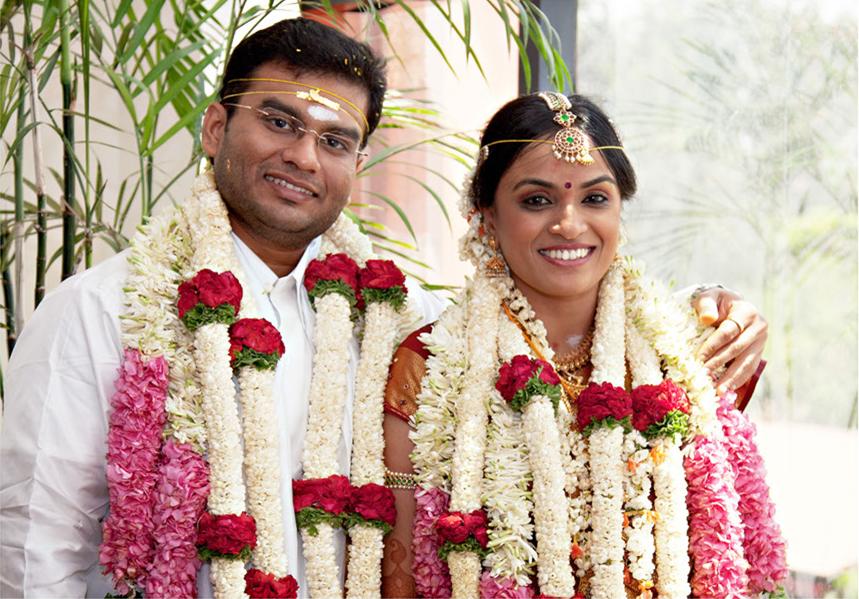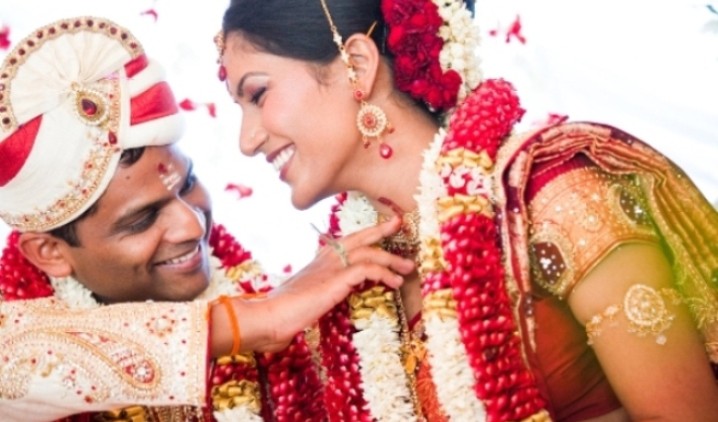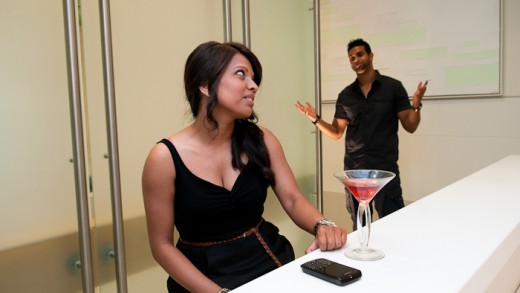Last week’s article on interracial marriage prompted fierce discussion and debate. Here is one writer’s perspective on why marriage within the Tamil community should be encouraged.
Racist, narrow minded, deluded and not of the 21st century! These are some of the comments I may be getting at the end of this article. I believe that everyone should have a choice in their significant others, and do not denounce Tamils who opt for interracial marriage. Yet I also believe that marrying within one’s ethnicity is essential to creating a world where a variety of cultures are preserved without being homogenized into a more dominant one.
As Tamils, we share a common sense of identity, language and beliefs. Marriage is only the beginning in the long and continuous commitment to carry the Tamil cultural legacy of our ancestors spanning thousands of years. Marriage is something beyond a man and woman living together jointly; it is a tradition involving the merging of two families and steeped in traditions and beliefs passed on for generations. Marriage within our ethnic group allows us to preserve these values and traditions as both couples cherish a common identity and culture.
As diaspora Tamils, we have moved thousands of miles abroad in search of opportunity and to make a better life for ourselves. We have adopted foreign lands as our own, built places of worship, and formed cultural organizations and institutions to preserve our identity. One cannot deny that our unified Tamil identity and traditional Tamil values imparted to us by our parents – a respect for elders, faith, traditions, education, marriage and family – form the foundation of the success that diaspora Tamils enjoy today. And in a marriage in which both partners are Tamil, we are in a much more advantageous position to preserve and transmit these values to our children.

Furthermore, while I agree that race is a social construct, encouraging interracial marriage will not put an end to racism. In South America, multi-racial Brazil has a large mixed-race population. However, those with European ancestry comprise the country’s elite and privileged, while darker-skinned mulatto and Afro-Brazilians face significant socioeconomic disadvantages and discrimination. The same is true in all of Latin America where an explicit racial hierarchy exists, with those of European lineage at the top, and with those of mestizo, mulatto and indigenous ancestry at the bottom.
Growing up in multi-racial Singapore, I have seen light-skinned “Chindians” (children born to Tamil and Chinese mixed marriages) identify with the larger Singaporean Chinese majority at the expense of their Tamil identity. Almost all mixed-race Chindians take up Mandarin as their second language, find a Chinese partner and lose their religion. It is almost unheard of for a Chindian to marry a Tamil partner. And as politically incorrect as it may sound, the more numerically and economically dominant ethnicity will always supersede in the racial identity of a mixed-race child. In diaspora communities where Tamils comprise a small minority, most will cease to identify as Tamil in subsequent generations.
Joe Clark, the 16th Prime Minister of Canada, once stated “Canada is a community made up of communities.” From the Charlottetown Conference to the Northwest Rebellion to the Meech Lake record, ethnic identity forms a critical part of Canadian history. Moreover, the political powers of the Tamil community are vested in on our strong population base. We do not have a Tamil-Canadian MP today because political bigwigs at the federal level openly embraced our community. We have a Tamil-Canadian MP because we had a strong population base in a federal riding where Tamils are numerically dominant. There is strength in numbers, and when our population decreases our political power within our country diminishes.

While we should not denigrate those who marry outside their race, there should be a greater effort to encourage dating and marriage within our community. The Jewish diaspora is highly endogamous, preferring to marry within its own community to maintain their ethnic identity. Online dating sites like Jdate.com cater to this need. Likewise, the Nattukottai Chettiar community and Brahmin Tamil diaspora – despite being small in numbers – still stick to marrying within their caste. Love knows caste in their case!
I understand that from a liberal perspective, the entire human race is comprised of descendants from Ethiopia. Race is an arbitrary social construct. However, I prefer to live in a world where individual cultures and identities thrive, without being lost to more dominant cultures. To ensure that our Tamil language, culture, values and ancestral legacy – steeped in thousands of years of tradition – are preserved, marriage within our ethnic community should be encouraged.
Want to share your input? E-mail us at editor@tamilculture.ca. We will get back to you shortly.

 Guest Contributor
Guest Contributor









